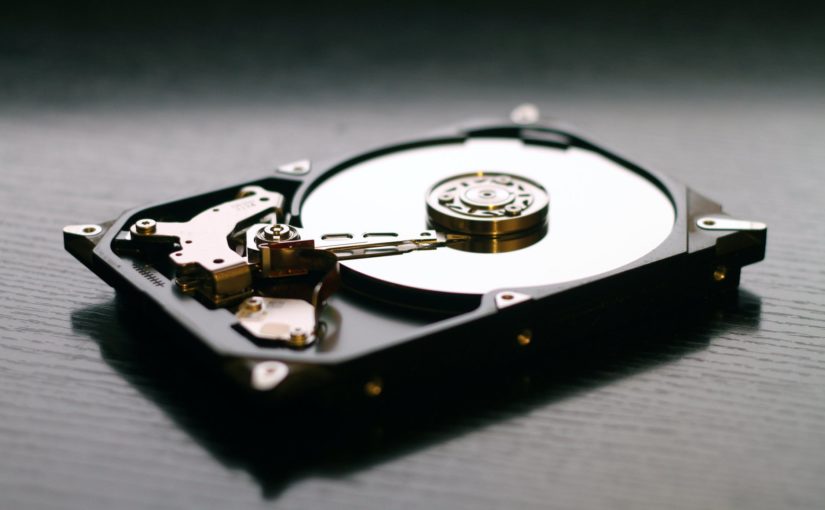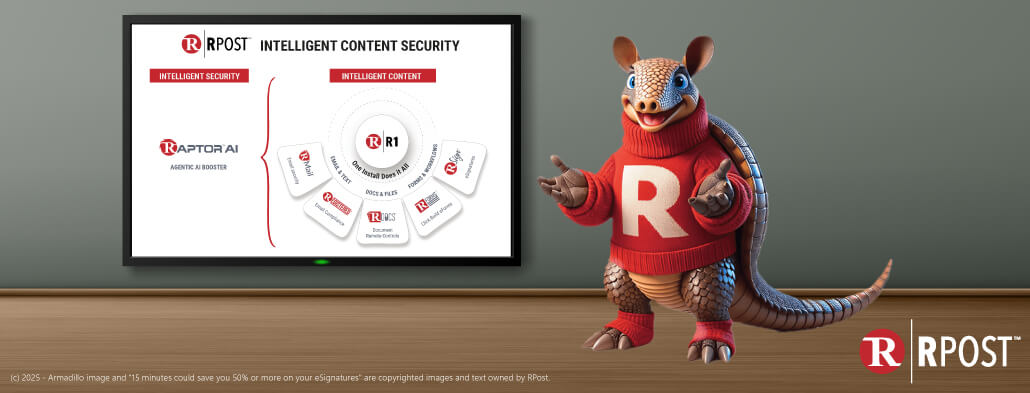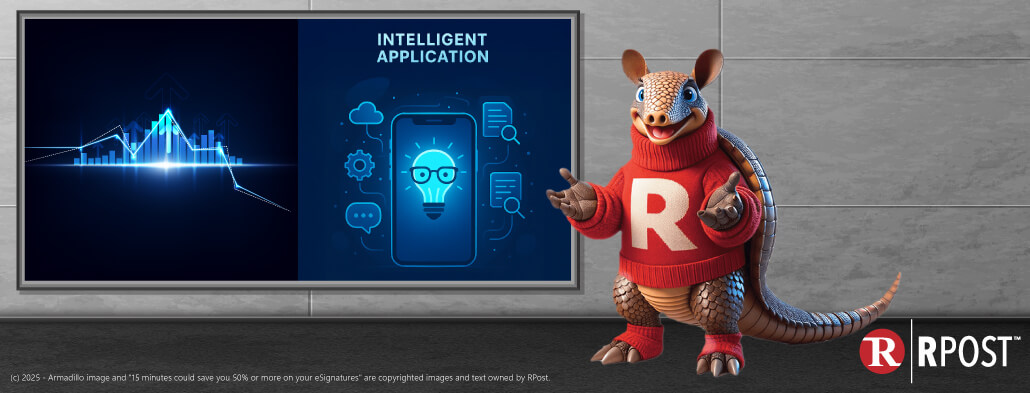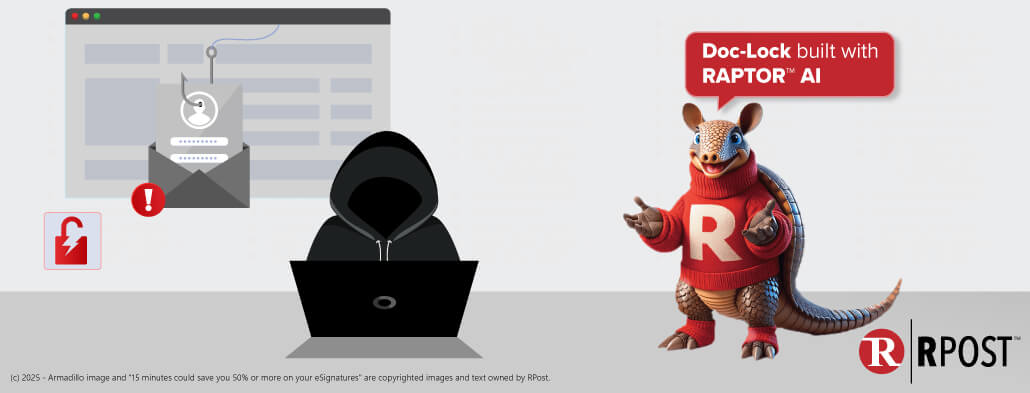
Your computer stops working. All your remote working has taken its toll on a personal laptop you never indented to use this extensively. You panic because you can’t go into the office, and there’s nothing your remotely-working IT person can do when your machine can’t turn on.
What to do? Ship it back to the manufacturer? It could take weeks. Call the Geek Squad or your local tech repair shop? This may be the least bad option at this point. So you bring it in, masked and ready to hear what the damage will be. The machine turns out to be fried, and the data in the hard drive will have to be transferred.
This is where things can get very tricky. You ask yourself, what’s in this hard drive? And what’s also in the cloud for a backup and where exactly is that? (Note that Microsoft OneDrive auto back-ups have content at Microsoft — meaning all of your personal content may be accessible by subpoena to Microsoft — and your content was one time replicated to OneDrive (or GDrive, etc., once there, you cannot remove it.)
The local repair shop says they will have to back up the hard drive before migrating the data for you. But here’s the problem: there’s no guarantee that your data will get deleted automatically from their systems post-transfer. Your data (work emails, sensitive client info, personal photos) is now out in the world, and that’s where the proverbial ‘toothpaste is now out of the tube’.
What’s worse is that your email data, if not encrypted properly, can easily be doctored to say anything a nefarious person would want you to say—“Yes, I approve that $1MM transfer to Russian Bank X” or “No, I don’t approve that continuance of my life insurance.” See this video we produce a few years back about how easy it is to alter an email read receipt.
There are timely and relevant examples of this actually happening—right in the middle of election season no less. Look at the Hunter Biden emails that recently made the news. The Trump campaign posted a link to a video about Hunter Biden’s overseas business dealings, specifically referring to the New York Post, which published some compromising emails. These emails turned up in the hard drive of a laptop dropped off at a repair shop in 2019, the Post reported, adding that a copy of the hard drive ended up in the hands of a lawyer for Rudy Giuliani, a personal attorney for President Trump. As we’ve seen, email receipts can be easily forged, so we may never know the true authenticity or provenance of these potentially election-shaping communications.
You should all know that RMail “message-level” encryption keeps email messages encrypted even inside the recipient’s email account. So you can rest assured that if your emails are sent to a recipient encrypted with RMail message-level encryption, your personal messages on their hard drive (or cloud) data will remain encrypted and cannot be harvested to suit the political needs of your opponents (watch RMail encryption video).
Know more:
You should also all know that if you need an easy way be able to irrefutably authenticate the original, content, transmission, and timestamps of email — or think you may need to on a particular message in the future, RMail returns a Registered Receipt™ record for each message sent (watch video), providing you with an easy way to prove who said what when by email.
Only a little more than two weeks until the (US) election. Here’s hoping for a peaceful outcome.
RMail®, Registered Email™, Registered Receipt™ and Legal Proof® are registered and unregistered trademarks owned by RPost Communications.

April 25, 2025

April 17, 2025

April 11, 2025

April 04, 2025

March 28, 2025